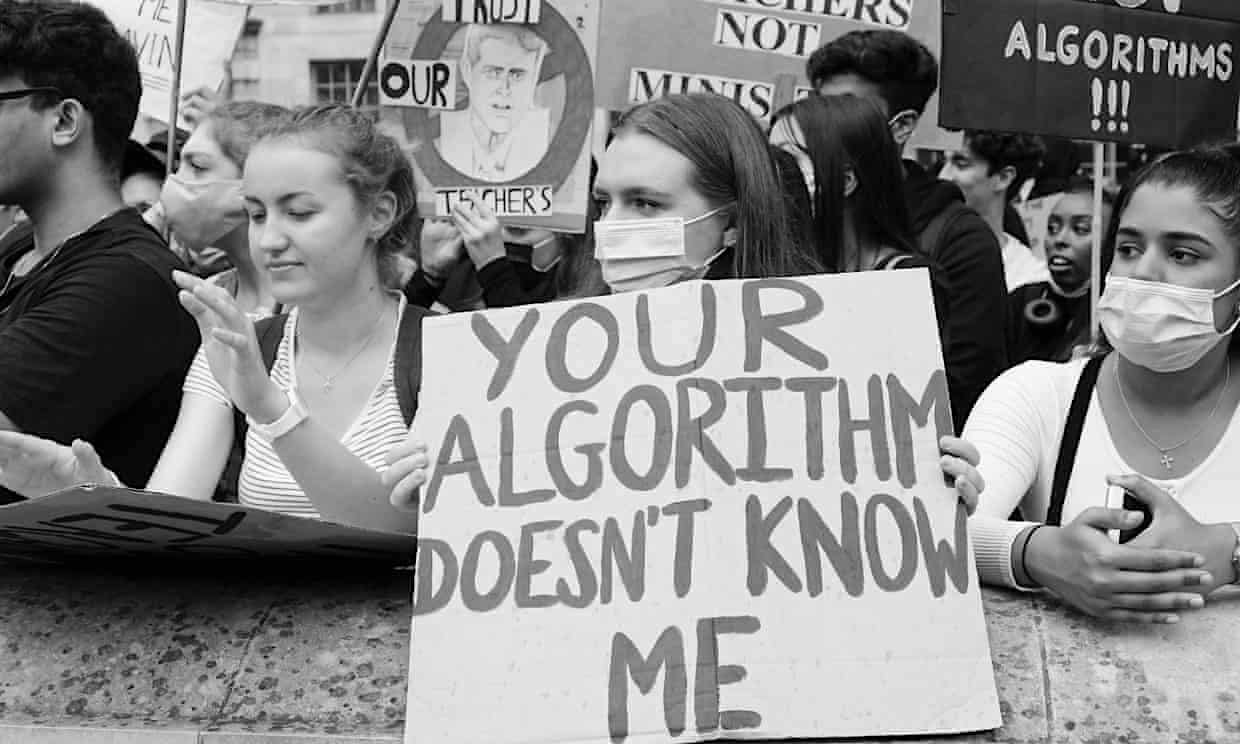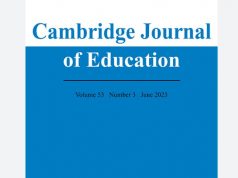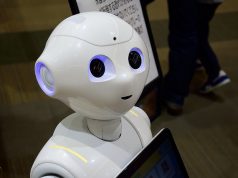Over the past ten years, education has steadily amassed a succession of high-profile data controversies – all of which highlight the risks associated with the datafication of schools and schooling.
One recent incident has been unfolding quickly during the summer recess in the UK. Like most countries, the UK school shutdowns during the COVID pandemic has thrown the usual cycle of school examinations and assessments into turmoil.
This prompted an announcement by the UK government that they would calculate a whole cohort of students’ end-of-school qualification results by algorithms based on historical school performance data (rather than trusting teacher-assessed grades supplied by schools).
This resulted in millions of students getting their grades lowered. Crucially, these calculations disproportionately affected students from disadvantaged backgrounds and poorer government schools. In contrast, students from private schools fared much better – for example, it was reported that not one grade from Eton would be algorithmically lowered.

This led to wide scale condemnation and ‘F*ck the Algorithm’ protests – as commentators noted, one of the first times that the UK public had taken to the streets to protest against algorithmic injustice. After a few days the government was forced in an embarrassing reversal – conceding that grading should to revert to calculations based on teacher-based assessments.
This is not a surprising turn of events. High-profile writers such as Virginia Eubanks, Cathy O’Neil and Safiya Noble have been highlighting the tendency for data-driven systems to reinforce disadvantage and oppression in most public services – from housing to the criminal justice system. There is little reason to expect the UK school system and UK data science to be any different. As Huw Davis (2020) put it:
“the data science behind the infamous algorithm [was] intended to account for inequality but the modelling is sociologically crude & therefore incapable of recognising achievement where it was unanticipated, but rewarded it where it was expected”.







